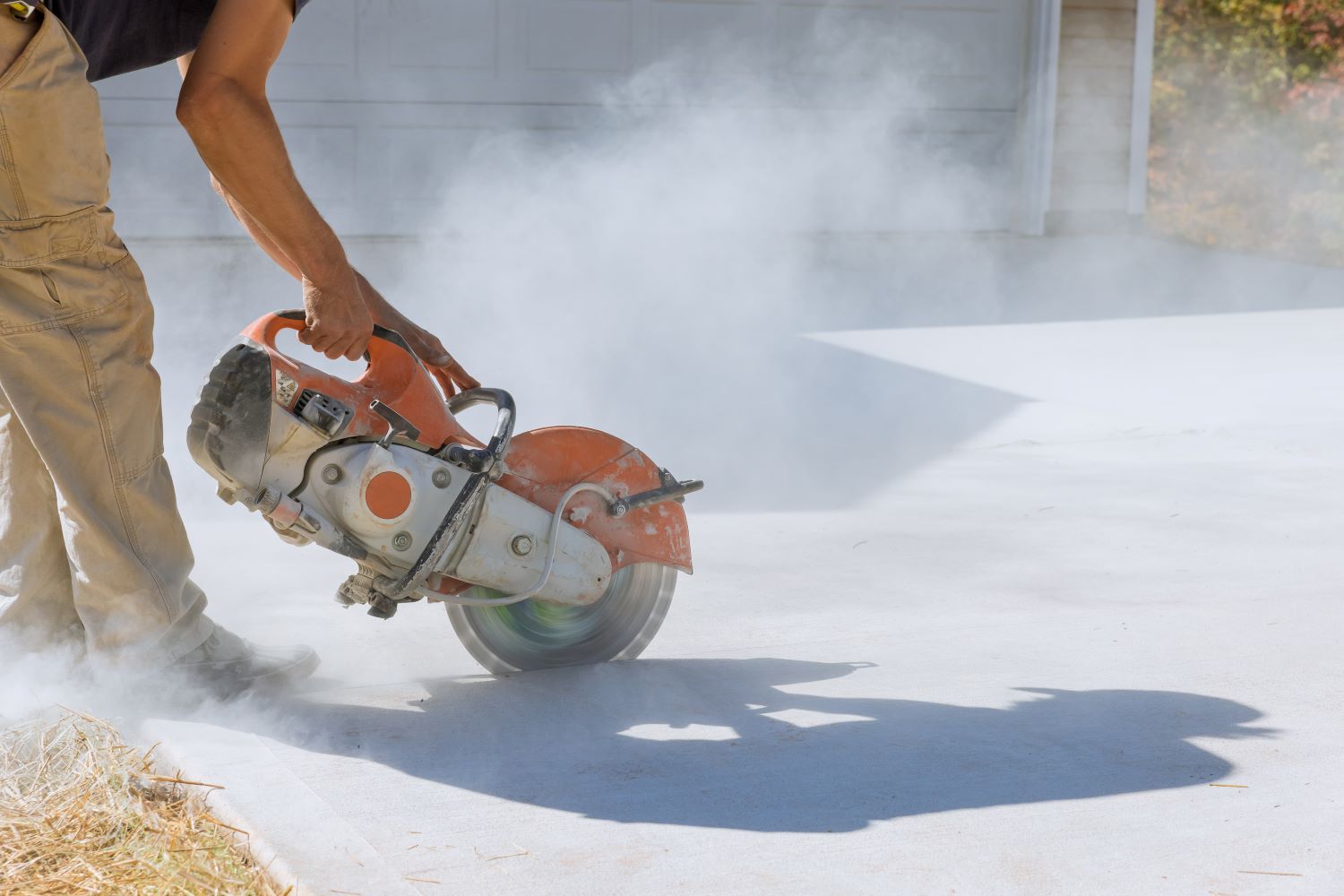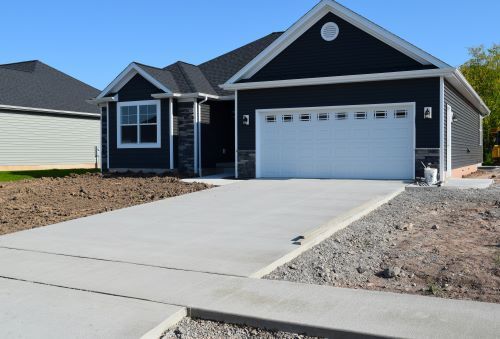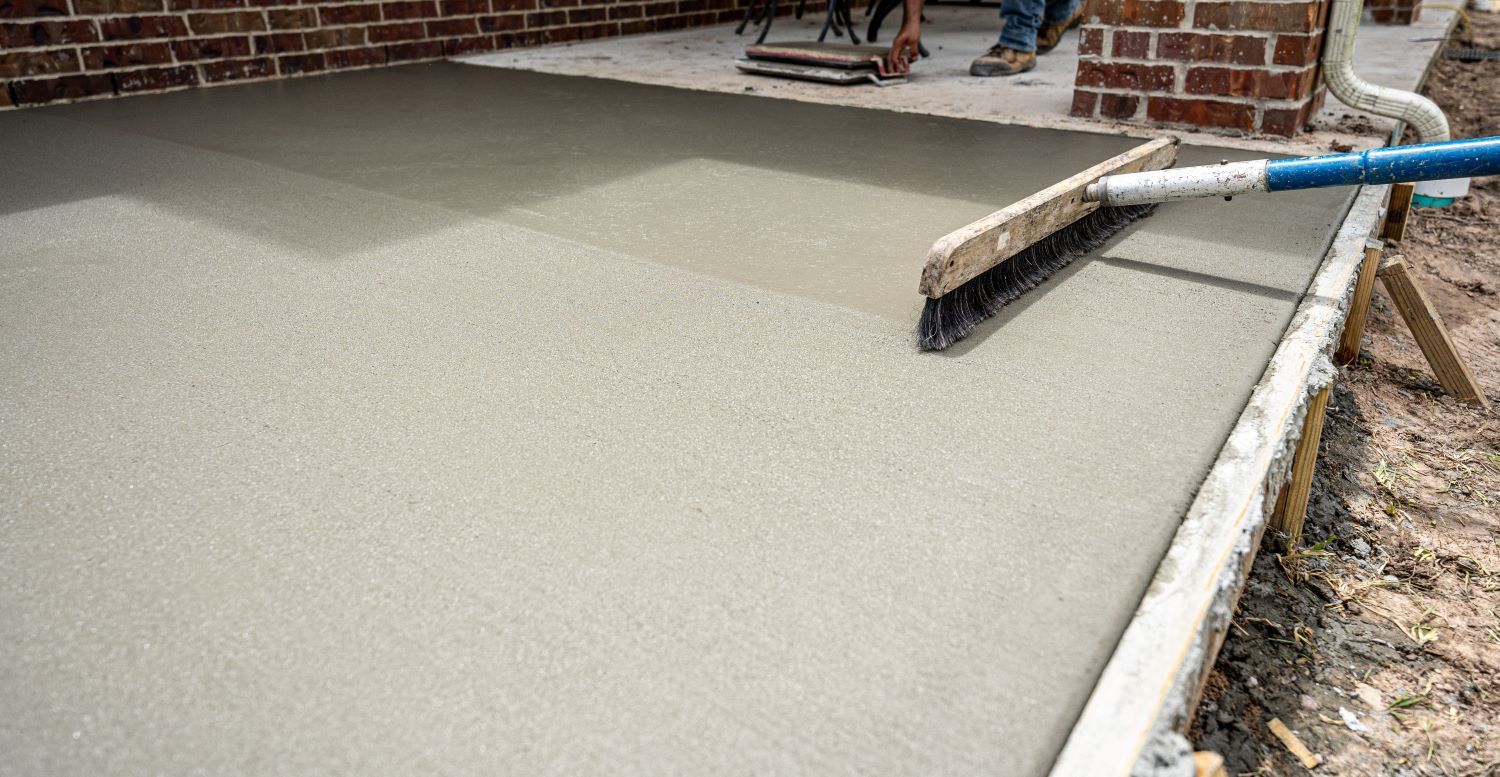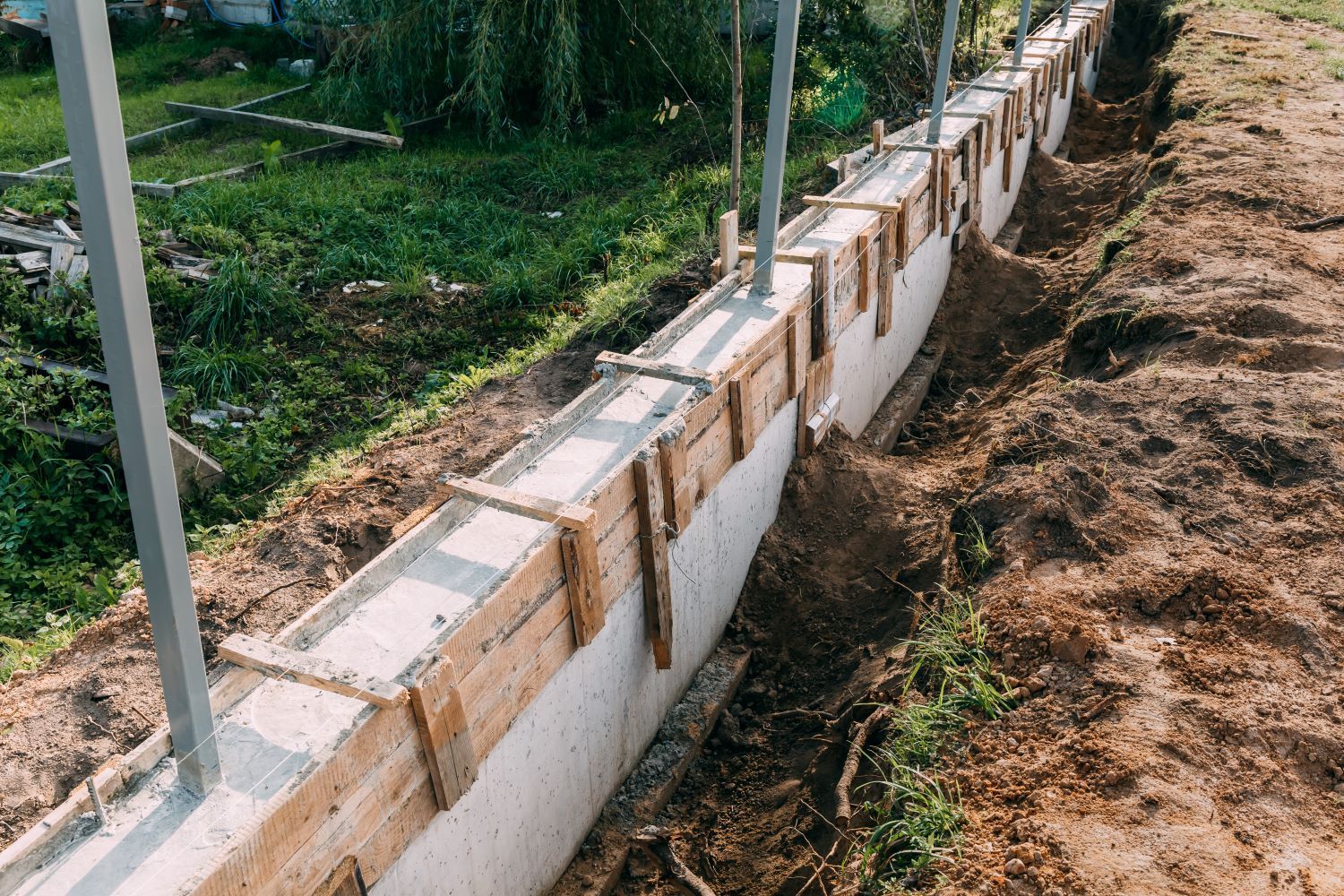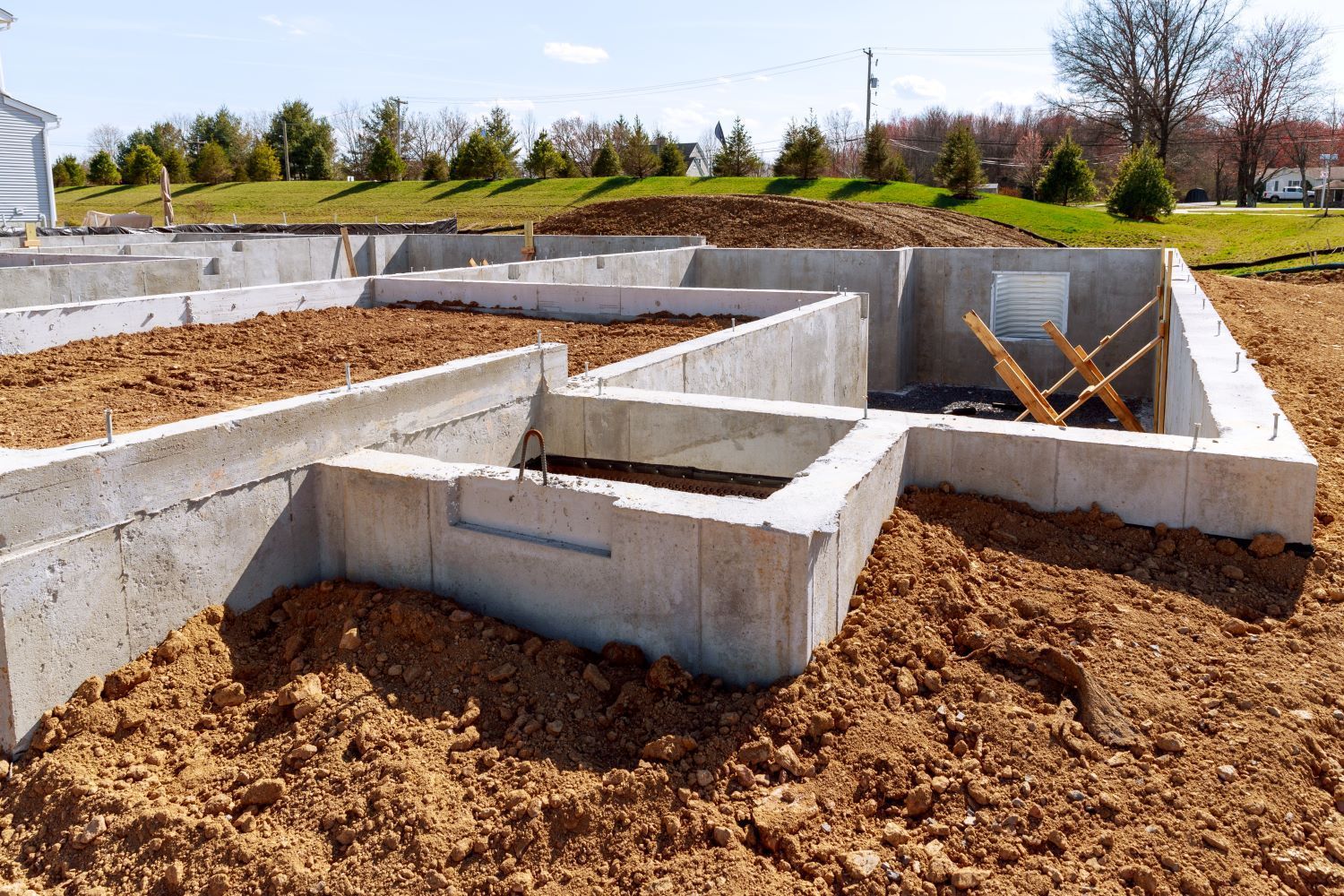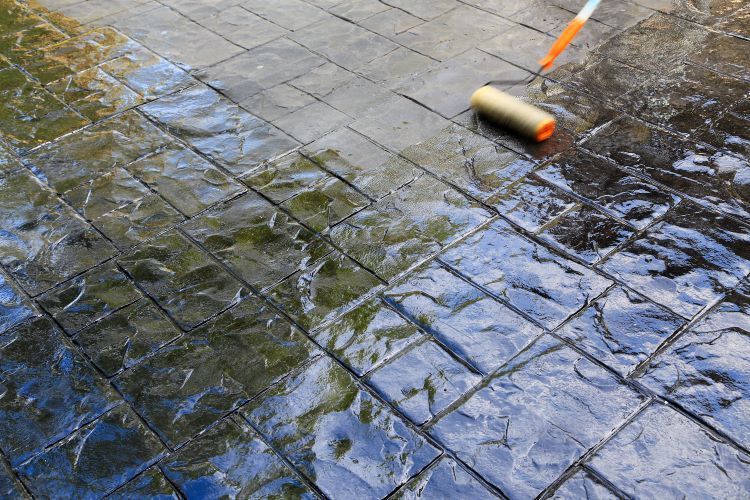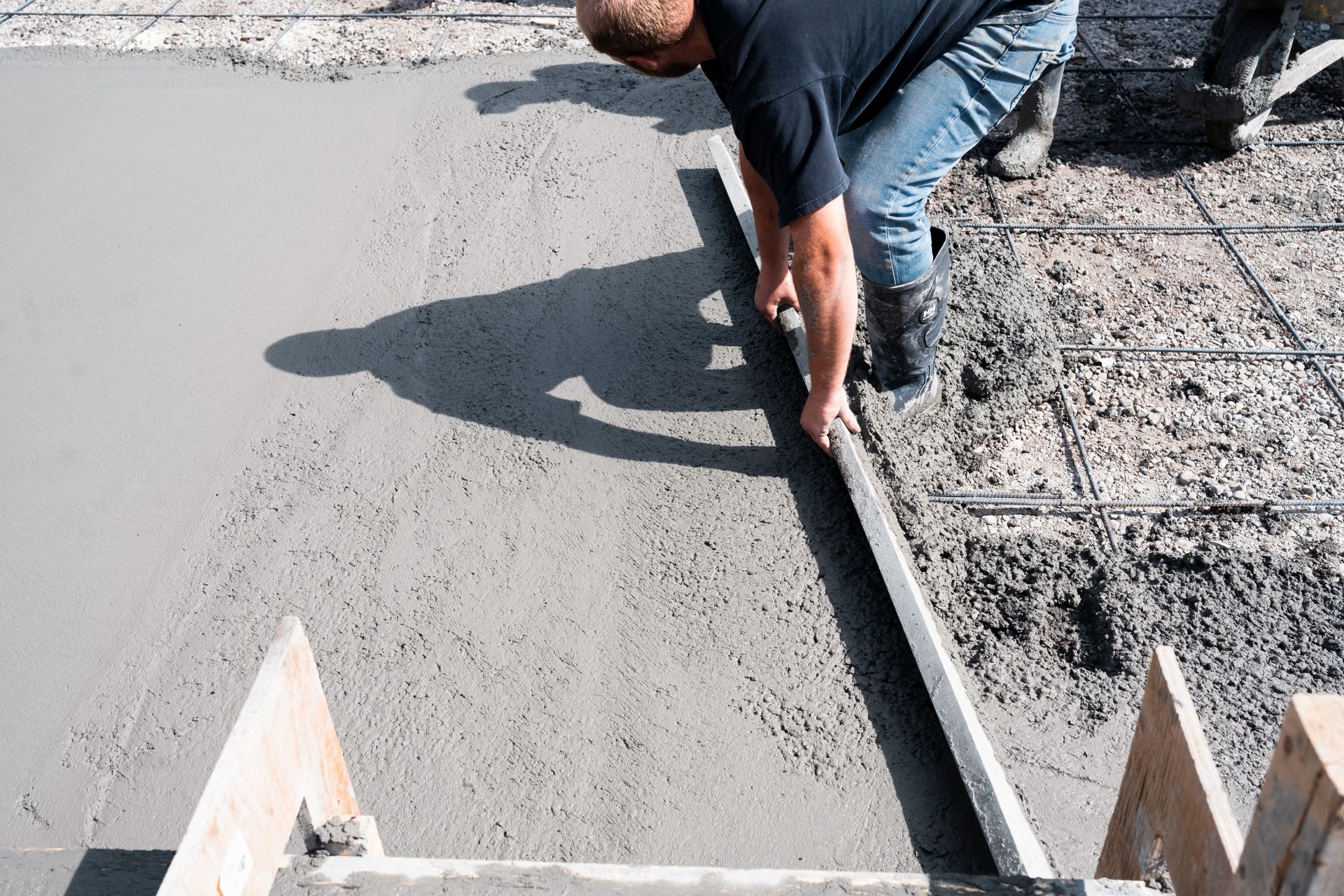Asphalt Paving vs. Concrete: Which is Better for Your Home?
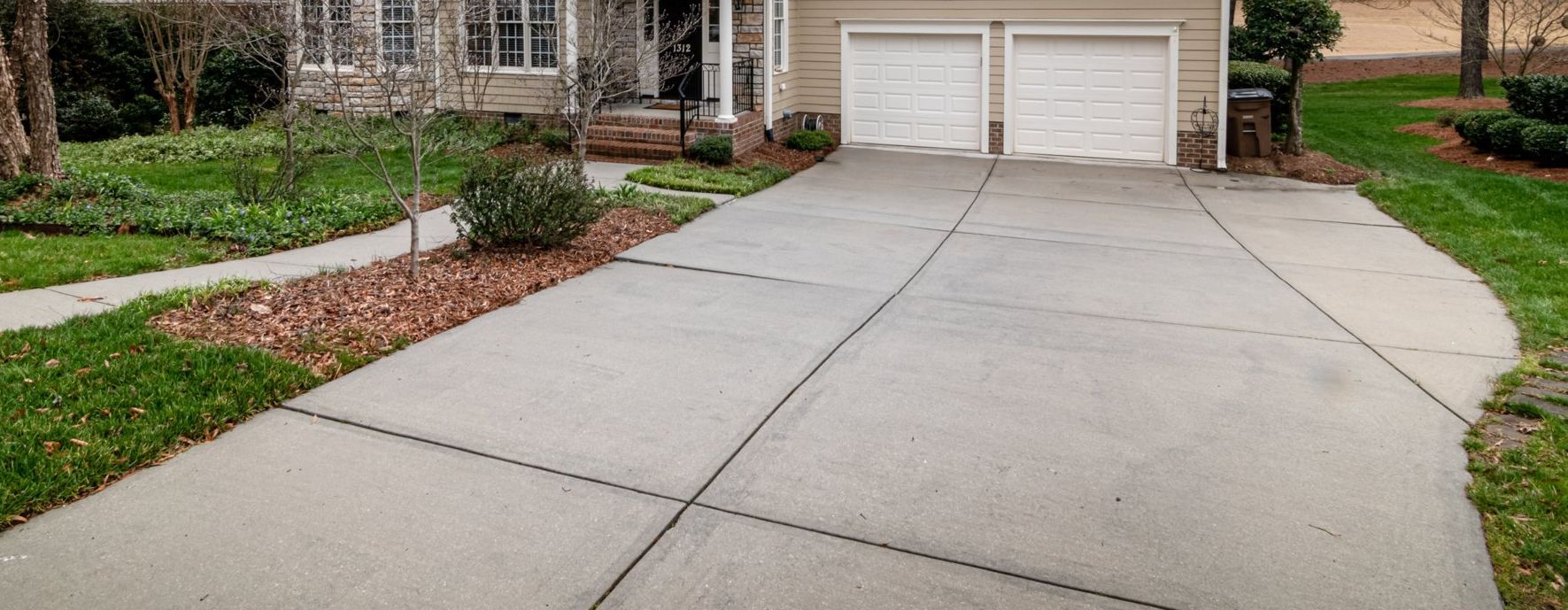
When it comes to paving driveways, walkways, or patios, homeowners often find themselves choosing between two popular materials: asphalt and concrete. Both have their unique benefits and drawbacks, making the decision a bit challenging. At Concrete Contractors London, we are committed to helping homeowners in London, Ontario, make informed choices about their paving needs. In this article, we’ll explore the key differences between asphalt and concrete paving, and help you determine which is better for your home.
Understanding Asphalt and Concrete
Asphalt Paving
Asphalt is a mixture of aggregates (like sand, gravel, and crushed stone) and bitumen, a sticky, black, and highly viscous liquid. It is known for its flexibility and ability to withstand temperature fluctuations.
Pros of Asphalt:
- Cost-Effective: Asphalt is generally cheaper to install than concrete. It’s a budget-friendly option for large projects like driveways.
- Quick Installation: Asphalt can be installed and used quickly, often within 24-48 hours.
- Flexibility: The flexibility of asphalt makes it more resistant to cracking, especially in areas with extreme temperature changes.
- Ease of Repair: Repairs for asphalt are straightforward and typically less expensive. Small cracks and holes can be filled easily.
Cons of Asphalt:
- Maintenance: Asphalt requires more maintenance than concrete. It needs to be resealed every few years to maintain its durability and appearance.
- Lifespan: While durable, asphalt has a shorter lifespan than concrete, typically lasting 20-25 years with proper maintenance.
- Appearance: Asphalt has a less appealing aesthetic compared to concrete. It comes in a standard black color, which can fade over time.
Concrete Paving
Concrete is made from a mixture of cement, water, and aggregates. It’s known for its strength and durability.
Pros of Concrete:
- Durability: Concrete is highly durable and can last 30-40 years or more with minimal maintenance.
- Low Maintenance: Once installed, concrete requires very little maintenance. It does not need frequent resealing.
- Aesthetics: Concrete offers a variety of finishes and color options. It can be stamped, stained, or textured to enhance the curb appeal of your home.
- Strength: Concrete can withstand heavier loads, making it ideal for driveways and areas with heavy traffic.
Cons of Concrete:
- Cost: Concrete is more expensive to install than asphalt. The initial investment is higher, but it pays off in the long run due to its longevity.
- Installation Time: Concrete takes longer to install and cure. It may need several days to set properly before it can be used.
- Susceptible to Cracking: While strong, concrete is more prone to cracking in freeze-thaw cycles. However, proper installation and control joints can mitigate this issue.
- Repair Complexity: Repairs can be more complex and costly. Matching the color and texture of existing concrete can be challenging.
Which is Better for Your Home?
The choice between asphalt and concrete depends on several factors, including your budget, aesthetic preferences, and the specific needs of your home. Here are some considerations to help you decide:
Budget
If you’re looking for a cost-effective solution, especially for larger areas, asphalt may be the way to go. Its lower upfront cost makes it a popular choice for driveways and large parking areas.
Aesthetics
For homeowners who prioritize aesthetics and customization, concrete is the better option. With its variety of finishes and colors, concrete can enhance the visual appeal of your home. If you want a unique, high-end look, concrete is the superior choice.
Durability and Maintenance
Concrete is the winner in terms of durability and low maintenance. If you’re looking for a long-lasting solution with minimal upkeep, concrete is the best option. While the initial cost is higher, the longevity and reduced maintenance costs can make it a more economical choice in the long run.
Climate
Consider the climate in London, Ontario. Asphalt’s flexibility makes it better suited for areas with significant temperature fluctuations, reducing the likelihood of cracking. However, with proper installation and maintenance, concrete can also perform well in varying climates.
Conclusion
Both asphalt and concrete have their unique advantages and can serve different needs effectively. At Concrete Contractors London, we have extensive experience with both materials and can help you choose the best option for your specific project. Whether you opt for the cost-effective and flexible asphalt or the durable and aesthetically versatile concrete, our team is here to provide expert installation and maintenance services.
Contact Concrete Contractors London today to discuss your paving needs and get a professional consultation on the best choice for your home. Let us help you enhance the beauty and functionality of your property with high-quality paving solutions.
